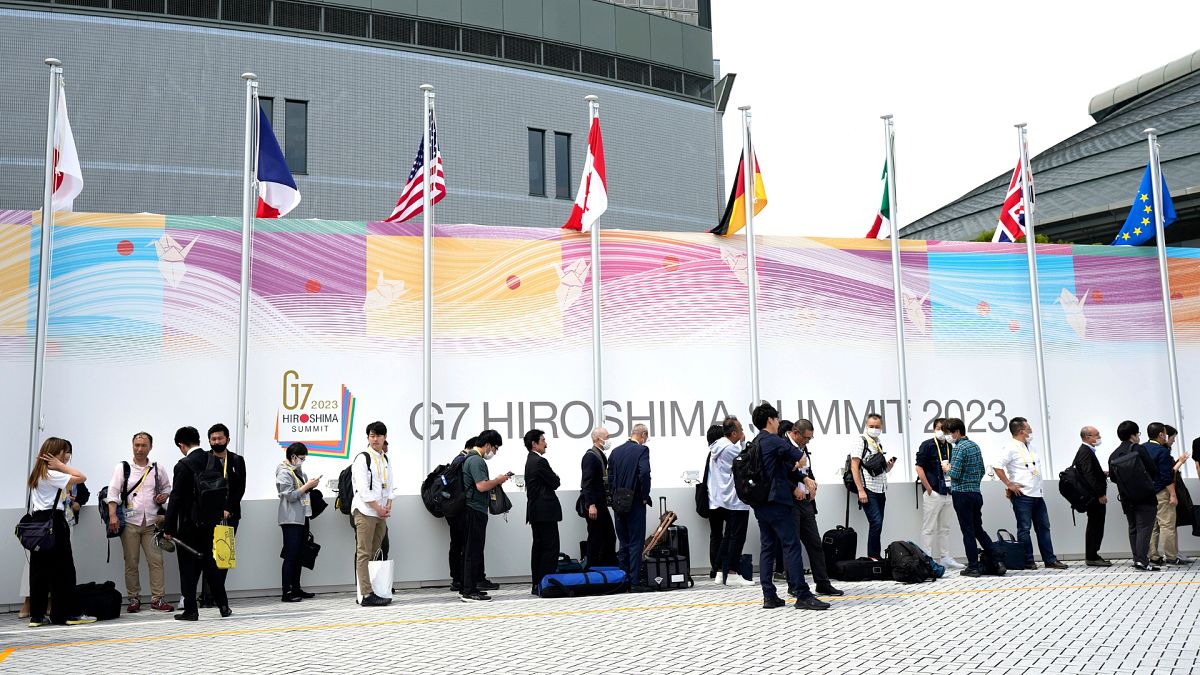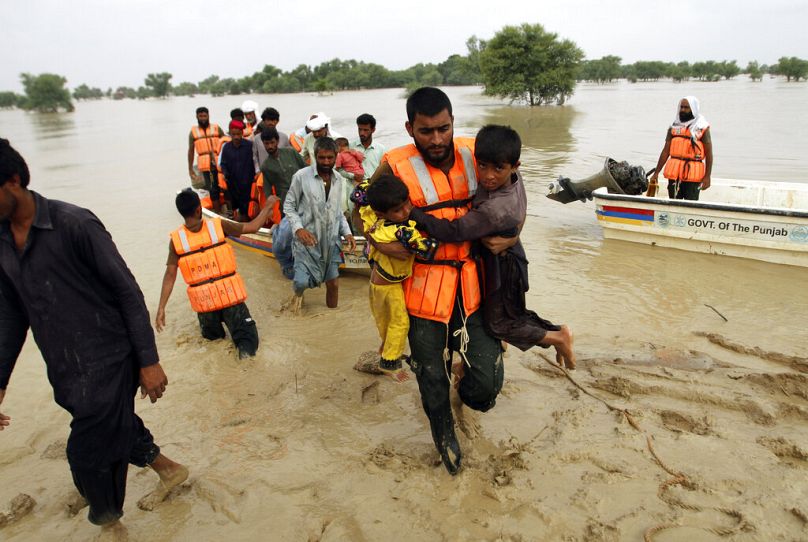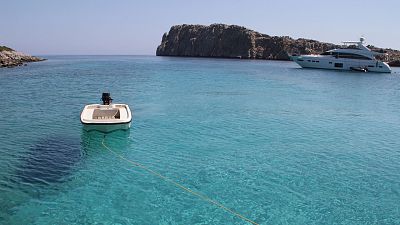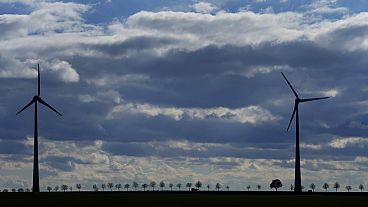The British charity says wealthy nations are demanding debt payments from the Global South while failing to pay what they owe themselves.
Group of Seven (G7) countries owe low and middle-income nations $13.3 trillion (€12.3 trillion) in unpaid aid and funding for climate action, according to new analysis from Oxfam.
The figure was released ahead of the G7 summit due to begin in Hiroshima, Japan tomorrow.
Oxfam says these wealthy nations and their bankers are demanding that countries in the Global South pay $232 million (€215 million) in debt despite failing to pay what they owe themselves.
“Wealthy G7 countries like to cast themselves as saviours but what they are is operating a deadly double standard - they play by one set of rules while their former colonies are forced to play by another,” Oxfam International interim executive director Amitabh Behar said in a statement.
“It’s do as I say, not as I do.”
Behar adds that rich countries owe the Global South for aid which was promised decades ago but never came, the huge costs of climate damage from the “reckless” burning of fossil fuels and immense wealth built on colonialism and slavery.
Who owes these trillions of dollars?
Despite a commitment from the G7 last month to phase-out fossil fuels, Germany is now pushing leaders to endorse public investment in gas, Oxfam points out. The charity says the group owes low- and middle-income countries an estimated $8.7 trillion (€8 trillion) for the damage done by “excessive carbon emissions”.
After finally agreeing to establish a loss and damage fund at COP27, there are still questions about how this will work. A longstanding promise to deliver $100 billion (€92.5 billion) per year from 2020 to 2025 to help poorer countries cope with climate change but this target was never met.
In 1970, rich countries also agreed to 0.7 per cent of their gross national income in aid. Since then, G7 countries have left $4.49 trillion (€4.15 trillion) unpaid, according to Oxfam. This means they have paid less than half of what they promised.
Can G7 countries deliver their climate funding and aid pledges?
Oxfam is calling on G7 governments to cancel the debt of low and middle-income countries that need it, fulfil their aid commitments and bring in new taxes on rich individuals and corporations.
Leaders are expected to reaffirm their climate pledges at this week’s G7 summit. Developing countries say that they need support from rich nations otherwise they can’t cut carbon emissions.
Japan has already called on these wealthy countries to boost financial and technical support for poorer nations to help them tackle climate change and achieve decarbonisation. The country says it has already started to disburse the $70 billion (€65 billion) in funding it committed to over the five-year period.
Ono Hiroshi, vice-minister for global environmental affairs at Japan's environment ministry, told Reuters that all countries should follow “the good example of Japan” so that the $100 billion goal can be met.




